Kia Niro Hybrid and EV review and buyer’s guide
If you’re one of the eager few looking to buy a full EV or even a hybrid, the new-new Kia Niro is going to offer you bang for your buck, as long as you don’t compare it to internal combustion. Could be worse, like a Tesla.
Looks striking, doesn’t it? That’s kinda the thing with Hyundai and Kia’s new wave of hybrids and all-electric vehicles.
You have a look at Ioniq 5, the EV6, or even the ageing Kona Electric - they’re hardly the boring minimalist ideas coming out of Toyota and Tesla. I did tell you some time ago the South Koreans were going to catch up to Electric Jesus and burst his EV bubble.
During the pandemic, Kia attempted to bring the Niro hybrid and fully-electric range to Australia, but was working against the collective efforts of the defunct Berejiklian and Morrison governments in their anti-race to get everybody vaccinated and out of lockdowns.
So the also-defunct Niro hybrid and EV didn’t get much of a run. But that’s okay, because the replacement is miles ahead of the previous generation of moderately interesting design of that car.
At this point, if you don’t know how batteries work click here >> and if you’re on the nutty bandwagon thinking electric vehicle utopia is a real possibility, click here >>
Let’s get into the numbers to see how the Niro hybrid range looks on price, and see what you get for your cash.
You can download the official Kia Niro brochure here >> to check the facts and figures for yourself.
WHEN IS AN SUV LOSES WEIGHT.
Carmakers are in this ‘design and engineering versus marketing’ bind. They want to, seemingly, call every new model an SUV. Everything from a Seltos to a LandCruiser is a ‘Sports Utility Vehicle’, apparently. Except the problem with that term is that it loses meaning the further up in size they get.
And as they grow in size, they gain weight. Adding weight costs more: more emissions, more energy, more raw materials, more money. This is the truth carmakers don’t want you to think about. Busting the car industry’s CO2 lies >>
Case in point, the old $40,000 Niro Hybrid was 4355mm long (4.35 metres), it’s 1800mm high (1.8m), it’s 1.5m wide and the wheelbase of 2.7 metres was exactly the same as a $35K Cerato GT, which is only 15.5 cm longer (4510mm) and is 135mm off the deck compared with the so-called ‘SUV’ Niro at 160mm - a 3cm difference.
That Cerato GT also weighs about 1432kg with a full 50L tank of fuel. Niro Hybrid S weighed 1444kg and you hadn’t even sat in it.
And the size equation doesn’t stop there, the new Niro has put on some weight which is directly related to overall size because more car equals more materials. It’s even in the press release:
all-new Niro’s dimensions have grown over its predecessor
- Kia Australia
The superseded Niro was, at its heaviest full-EV Sport form, 1791 kilograms. Add you and your lovely wife, that’s gonna potentially push it to nearly 1.9 tonnes - for a notionally ‘small SUV’. Why? Well, the battery size increased drastically from regular hybrid to plug-in (PHEV) and again to full EV. A 19 percent or 347kg gain in sheer mass, without doing anything to the overall proportions.
The new Niro would have been the same story, except in one area you’ll be pleasantly surprised. It’s gone against the trend.
According to Kia Australia:
weight has been reduced through parts integration and structure/material optimisation
See, the car industry has a serious obesity problem affecting its health, relatively speaking. Kerb weight for the Niro hybrid with a full 42-litre fuel tank is 1484kg - a small 2 percent increase on the old Niro hybrid which is actually pretty impressive considering the whole car is longer (4420mm, up by 45mm) and wider (1825mm, up 20mm).
However, the Niro EV, happily enough, is 1727kg - an impressive decrease of 64kg or 3 percent - which tells you they’ve found a way to reduce mass, but using the same 64.8kWh battery from the predecessor which now weighs 442kg, 14kg less from 457kg previously. The rest of the vehicle is 1270kg, therefore, and is all-wheel drive, offers more boot space and marginally better ride height.
For for perspective, a new Sportage GT-Line diesel weighs 1800kg but at least you get a massive boot, all-wheel drive, a potential towing capacity of 1900kg and an additional 50mm of ground clearance for about $40K. It’s literally more ‘utility’ for roughly the same price as the hybrid. But a diesel Sportage with 78 kW/t simply doesn’t go like a Niro EV at full chat with 85 kW/t.
Is the value proposition there for a Niro hybrid and EV compared with a Cerato GT or diesel Sportage at $35K and $40K respectively? Well, that depends entirely on how many zeroes are on the number in your bank account.
So how have they increased the overall practicality of the Niro, including usable size, while decreasing the weight on the EV and keeping the hybrid within two percent? Seems like the engineers, typically at the behest of car company accountants, have instead been given the capacity to do what they do best - think:
“repositioning the Niro’s 12V battery out of the wheelhouse and instead integrating it alongside the high-voltage battery at the bottom of the rear seats, boot load capacity for the Niro HEV model reaches an impressive 425 litres (VDA), up 15 litres over its predecessor.”
Kia Australia
The previous Niro was already an impressive package as far as boot space was concerned. Certainly to the rest of the slim hybrid and EV offerings, it offered considerable legroom and shoulder room even for taller occupants - and the marginal increase is a net benefit overall.
But just remember, this is hardly a dual-cab ute.
The Niro hybrid and EV range, (RRP) pricing and features you need to know:
Hybrid
‘S’ $44,380 | (C-pillar: ‘body coloured')
‘GT-Line’ $50,030 | (C-pillar: body-coloured or gloss black, available with M4B/CGE exterior colours)
Heated and ventilated front seats
Heated steering wheel
10.25-inch digital driver cluster
Head-up display
Remote smart parking
Smart powered tailgate
Wireless Qi phone charger
Telematics (Kia Connect)
Smart key with push-button start
Full Electric
‘S’ $65,300 | (C-pillar ‘body coloured')
‘GT-Line’ $72,100 | (C-pillar: body-coloured or C-pillar gloss black, available with M4B/CGE exterior colours, ‘Steel Grey’ only available with Snow White Pearl exterior colour)
Power tilt/sliding sunroof
Front passenger premium relaxation seat
8-speaker Harmon/Kardon premium sound system
Exterior vehicle-to-load adaptor (V2L)
Heated and ventilated front seats
Heated steering wheel
10.25-inch digital driver cluster
Head-up display
Remote smart parking
Smart powered tailgate
Wireless Qi phone charger
Telematics (Kia Connect)
Smart key with push-button start
If you want the non body-coloured panelling on the C-pillar, that’ll cost you $520 and it’s only available, according to the build/order tool on Kia’s website, on the green, blue and light grey colour grades. As seen here, click to enlarge:
My AutoExpert AFFORDABLE ROADSIDE ASSISTANCE PACKAGE
If you’re sick of paying through the neck for roadside assistance I’ve teamed up with 24/7 to offer AutoExpert readers nationwide roadside assistance from just $69 annually, plus there’s NO JOINING FEE
Full details here >>
AutoExpert DISCOUNT OLIGHT TORCHES
These flashlights are awesome. I carry the Olight Warrior Mini 2 every day - it’s tiny, robust, and super useful in the field or in the workshop. Olight is a terrific supporter of AutoExpert.
Use the code AEJC to get a 12% discount >>
Generators suck! Go off-grid with AutoExpert BLUETTI PORTABLE POWER STATIONS
Need mobile, reliable power? If you’re camping, boating, caravanning or building a dirty big shed in the back paddock, and you need to run a refrigerator, lights, air conditioner, cooking, and/or a bunch of tools - Bluetti has a clean, tidy, robust solution…
Get your AutoExpert free shipping discount here: https://bit.ly/3n62heK
POWER TO THE PEOPLE
You get two front-wheel drive powertrains, the Hybrid and the EV, as you know, in either base ‘S’ variant or ‘GT-Line’ top-spec. Correct, there is no all-wheel driver version - because that’s what the flagship performance Kia EV6 is for >>
It’s important to make you aware at this point that the biggest problem facing electric vehicles right now, aside from supply and price, is charging infrastructure poverty - Australia’s pathetic at it >>
So, both hybrid Niro forms use the 1.6-litre petrol from the Hyundai/Kia inventory, which now features improved cooling, friction and combustion tech which makes it that fraction more efficient. The four-cylinder 1.6 makes 77.2kW, which when added to the 32kW electric motor, the hybrid’s total power output is 104kW (including 265 Nm of torque).
Drive is sent through the also-revised six-speed dual-clutch automatic transmission we’ve come to know along with the seven- and eight-speed DCT units from House of Hyundai/Kia in the i30 N-Line, and the midsize Tucson/Sportage and Sorento/Santa Fe. The DCT is now lighter and more efficient.
The full-electric Niro also comes in, base S and GT-Line trim, with that 64.8kWh battery and a single speed reduction gear transmission, providing 150kW power with a single charge driving range of 460 kilometres (using the WLTP cycle).
Kia reckons Niro EV can reach a top speed of 167km/h and do 0-100km/h taking just 7.8 seconds - which is far cheaper performance than a Porsche 911 which also has no back seat legroom. You’ll also appreciate that Hyundai and Kia run active thermal management in their battery systems, so as to avoid catastrophic thermal runaway fire events like this >> If you don’t understand why batteries in EVs and hybrids are so potentially dangerous, here’s the feedback from my Felicity Ace report where I bust myths about thermal runaway by throwing facts at commenters about big-battery fires.
According to Kia, the 64.8kWh lithium-ion polymer battery charged from 10-80 per cent in 43 minutes with a suitable DC rapid charger. The Niro gets a standard CCS2 charging port, and an exterior ‘Vehicle-to-Load’ adaptor (V2L) which comes with an Integrated Charging Control Unit (ICCU), allows up to 3.6kW to be discharged from the vehicle’s battery. GT-Line gets both interior and exterior V2L capability; an adapter plug means the car can charge anything from your laptop or worklights to a toaster or even other EVs (provided you use a trickle charger).
Inside, a handy charging port located under the rear seats allows passengers to charge devices from the vehicle’s battery without the need for additional adapters.
You can get up front or at the rear; you can get some under the front seat - you can even charge another EV who battery is beat.
A smart regenerative braking system enables drivers to choose from a series of regeneration levels to easily slow the car and recuperate kinetic energy to maximise driving range. The system can calculate the amount of regeneration required using radar and road gradient information. The system allows the car to harvest the maximum amount of energy from its brakes while bringing the vehicle to a gentle halt.
THE PROS AND CONS OF EV OWNERSHIP
How is it carmakers still haven’t managed to get these kinds of simple, easy non-technical feature integrated into their mainstream internal combustion products?:
Inside the cabin, a handy charging port located under the rear seats allows passengers to charge devices from the vehicle’s battery without the need for additional adapters
Practically everybody would use a regular wall-type power outlet in their current new car, yet it rarely makes it into a dual-cab ute and even then, it’s on the top-spec, and they generally put it in a completely impractical place, like not in the dry cabin.
Niro can almost boast being able to tow a trailer now, except it’ll be extremely limited on the EV because:
The next-generation Niro EV gains in braked towing capacity which is now 750kg (previously 300kg) opening up the possibilities for zero-emission adventures.
And people question my stance on why electric vehicles will not be ending the weekend any time soon - the top five vehicles sold in Australia are three utes, and two 4WD wagons - all diesel, load-hauling, high-practicality machines built fit-for-purpose.
Fortunately, if you do want a Niro and you do have intentions of using it in some low-level utilitarian manner, the hybrid will be the much better choice because:
The HEV maximum braked towing capacity remains at a capable 1,300kg.
Just don’t get carried away. Once you stick a tiny 6x4 trailer on the back, you’re going to be very limited in how much stuff you load it up with. You also have a strict 100kg towball download limit on both hybrid and EV.
Undoubtedly, the worst part of EV ownership is the lack of regional charging infrastructure, which is why you should also consider a plug-in hybrid like the Mitsubishi Eclipse Cross or Outlander PHEV >>, or potentially - if you want German luxury as a high priority, consider a very clever BMW 330e >> or the BMW X3 plug-in >>.
But remember, PHEVs need to be recharged and used routinely, otherwise the normal series hybrid Niro is going to be the ideal option, especially if you live in a suburban part of the world where your apartment block doesn’t have carpark charging or you’re subject to the harsh reality of on-street parking.
There’s a whole bunch of clever, mind-distracting technical features in Niro which your garden variety teenager can help you figure out too, which is nice. It’s called ‘Kia Connect’ and it contains features (if you wanna call them that) such as:
Safety and Security
Remote Vehicle Controls
Live Services (Weather, Traffic)
AI Voice Control
Vehicle Status
Monthly Driving Info
Map and Location Features
Send Destination to Car
Scheduled Charging/Climate Control (EV)
It’s amazing how we survived in the contemporary transportation era without any of these things to frustrate you when they don’t work and make warning tones at you endlessly to the point you want to get out and walk.
Once you figure out the best ones and get them to work, perhaps they’ll be of some benefit to you.
At least, in the end, you’ll know you have all those gizmos ready to up-sell that prospective Gen-Z when they’re ready to drive.
And you can boast about your Kia Niro not being a poorly built Tesla, so that’s nice.

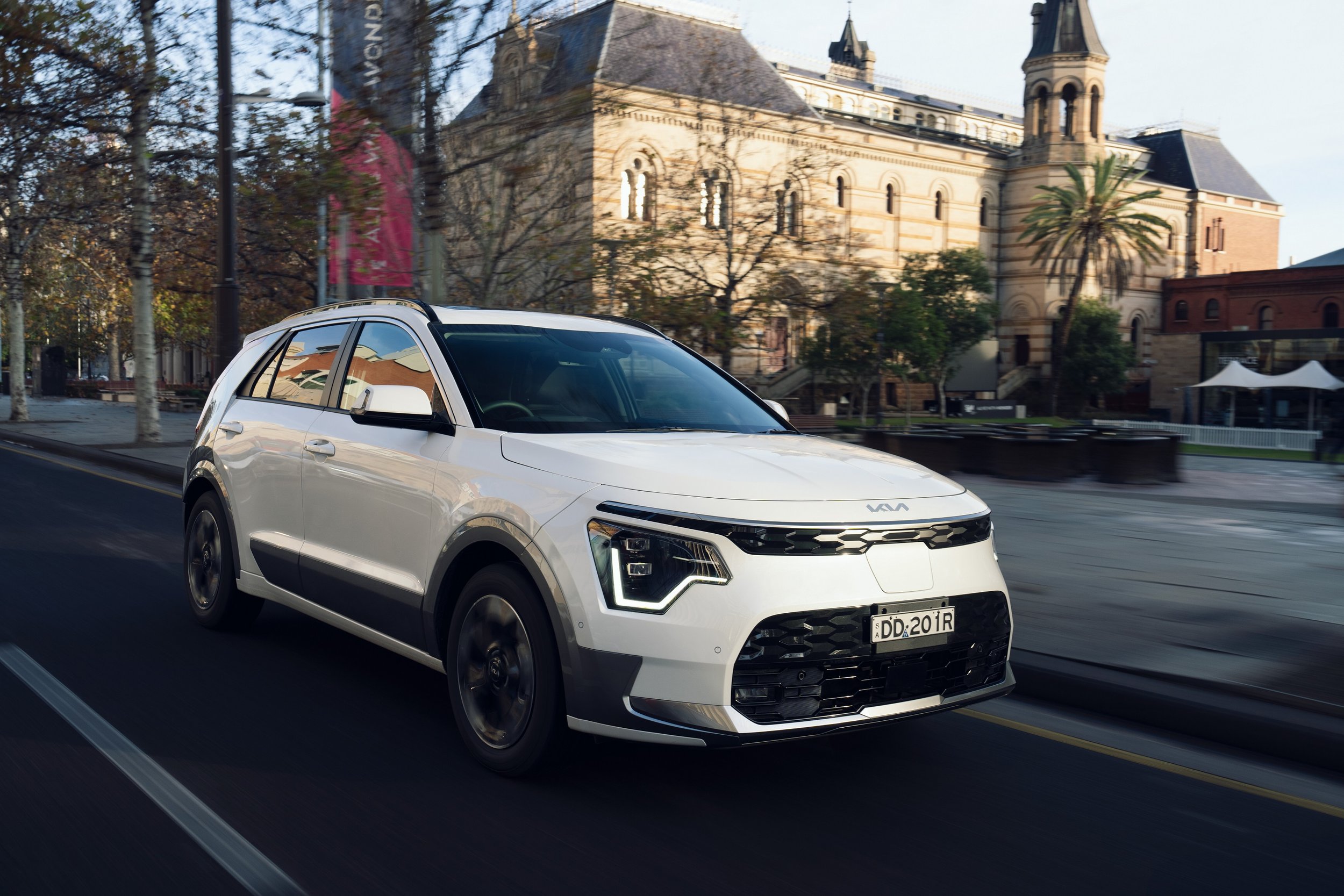




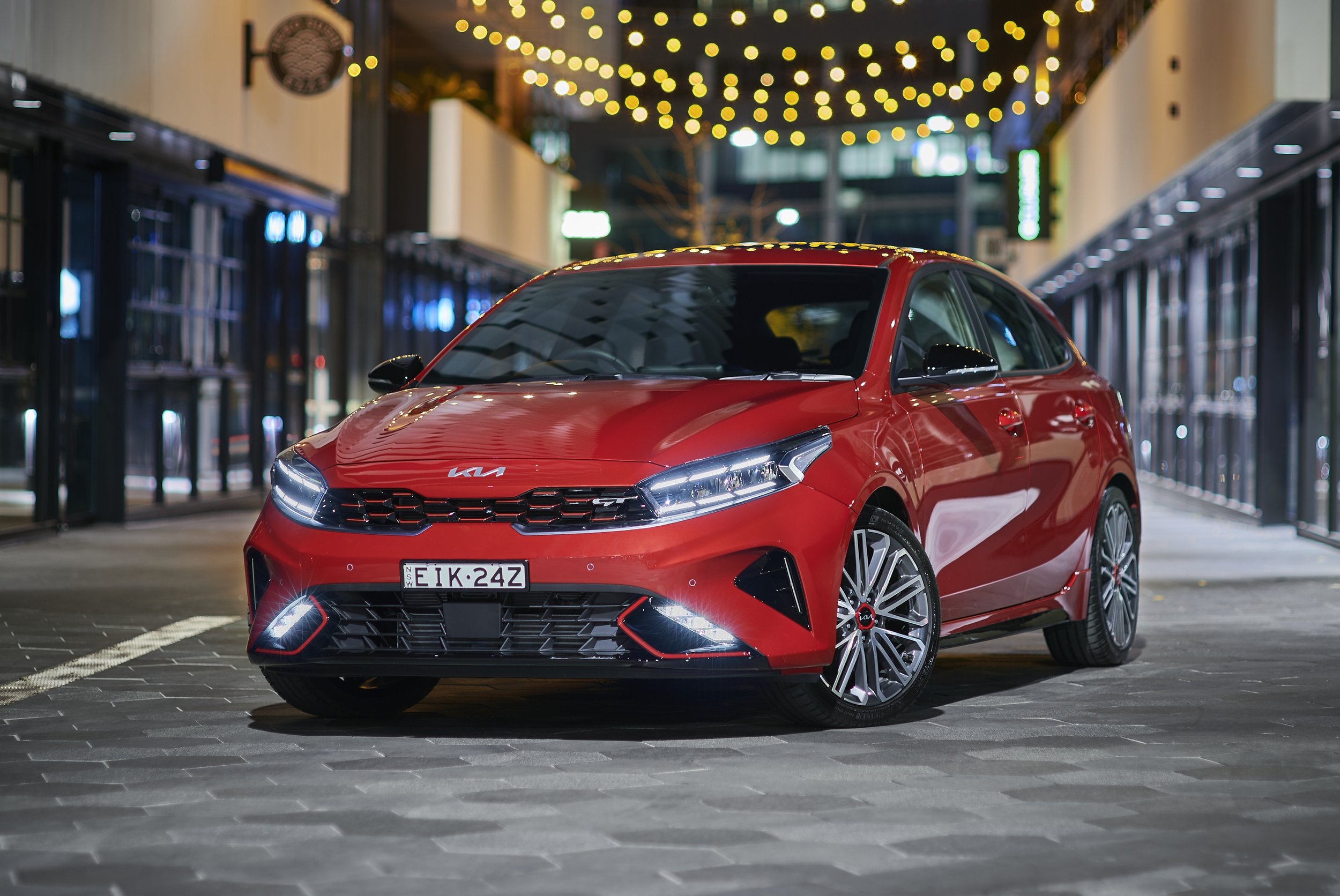

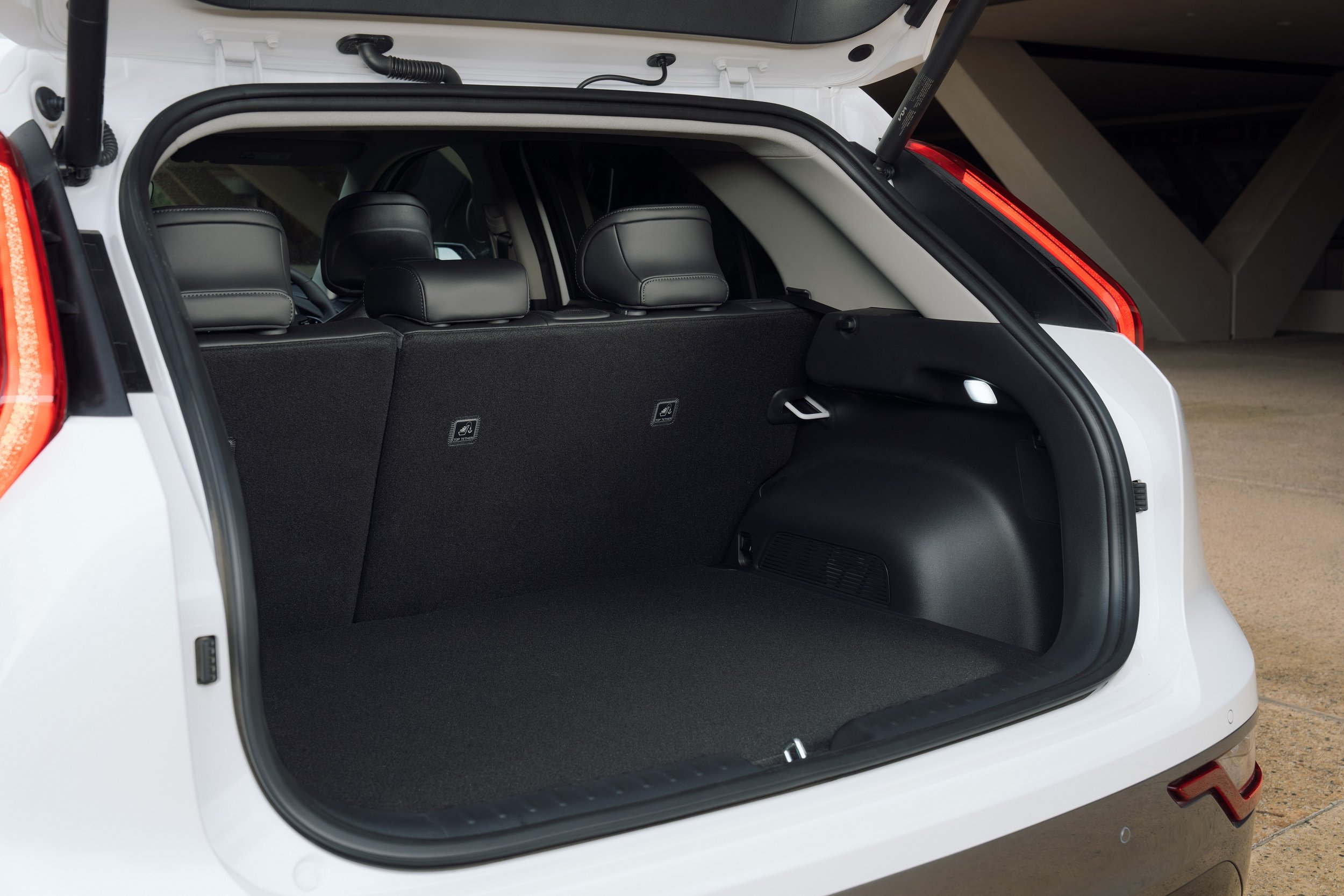





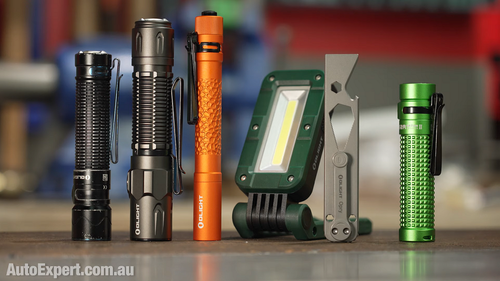

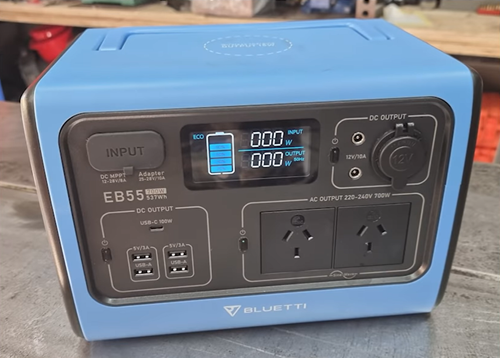
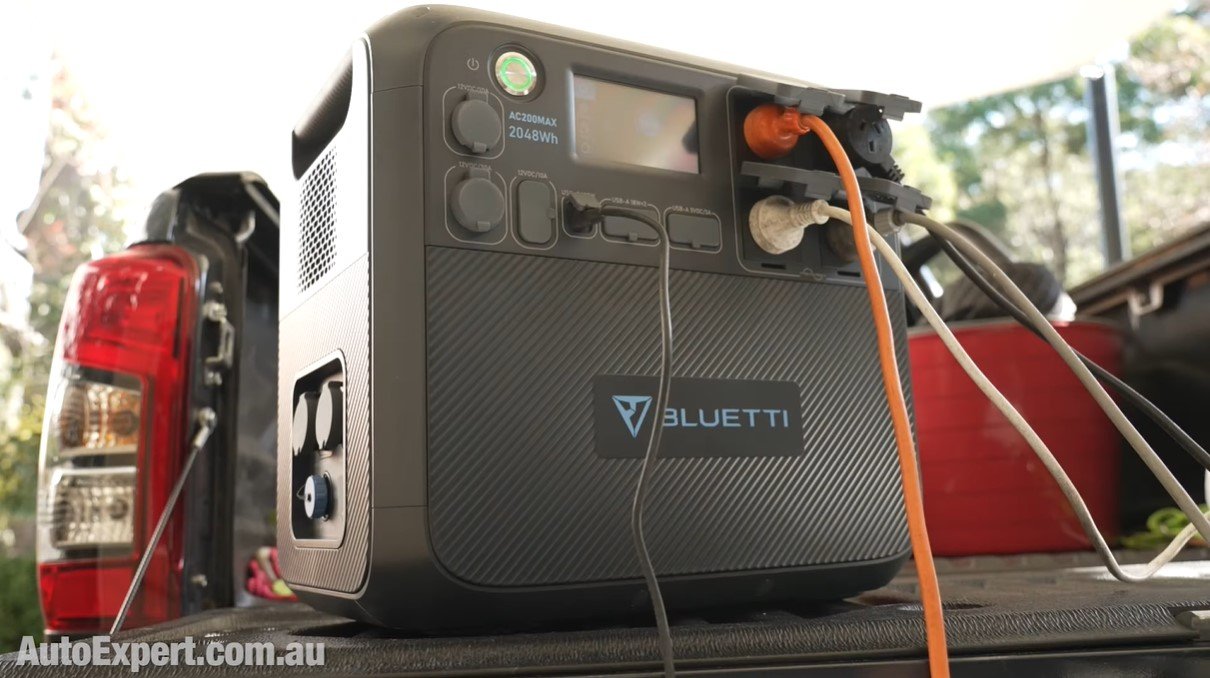



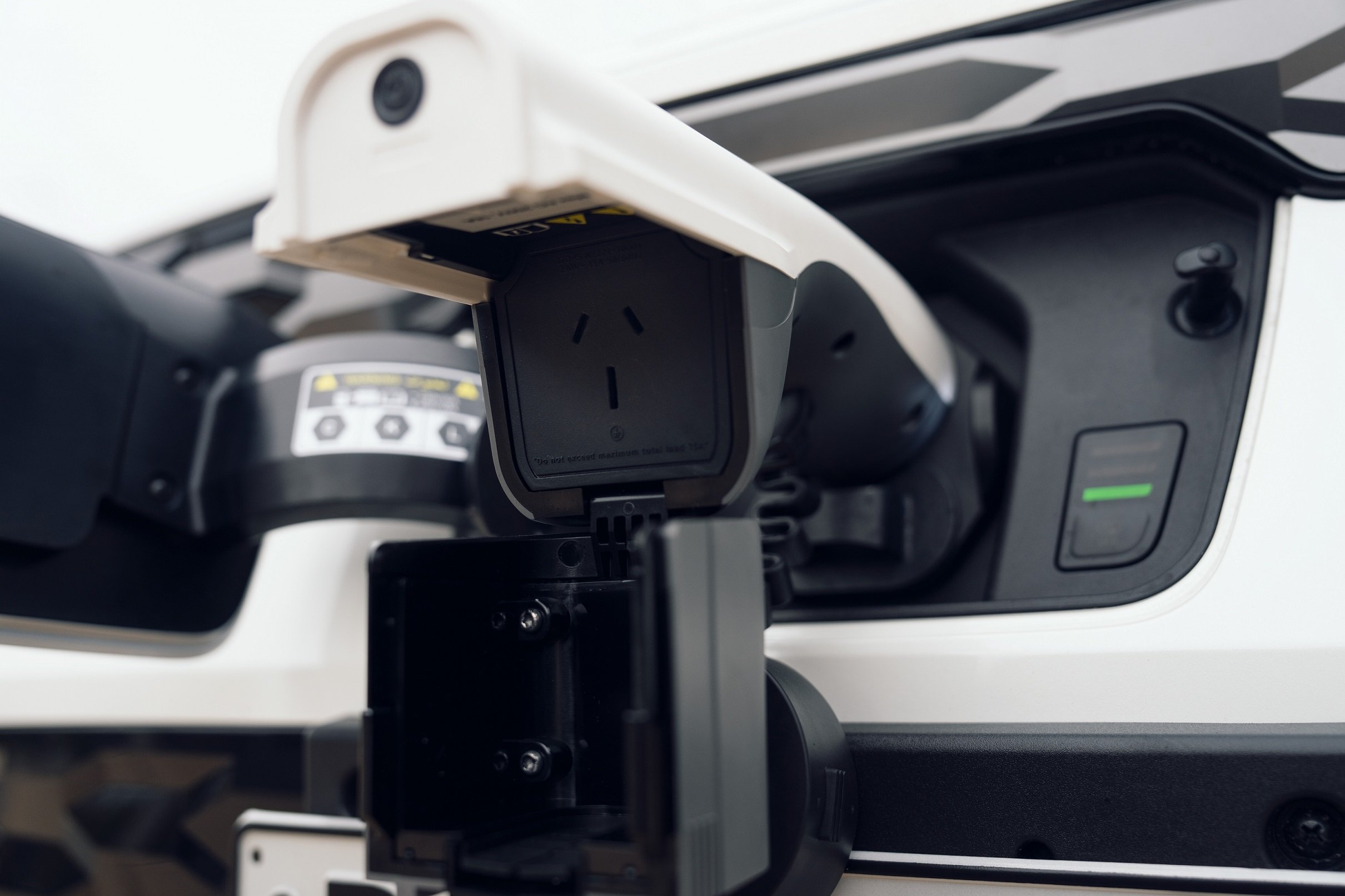







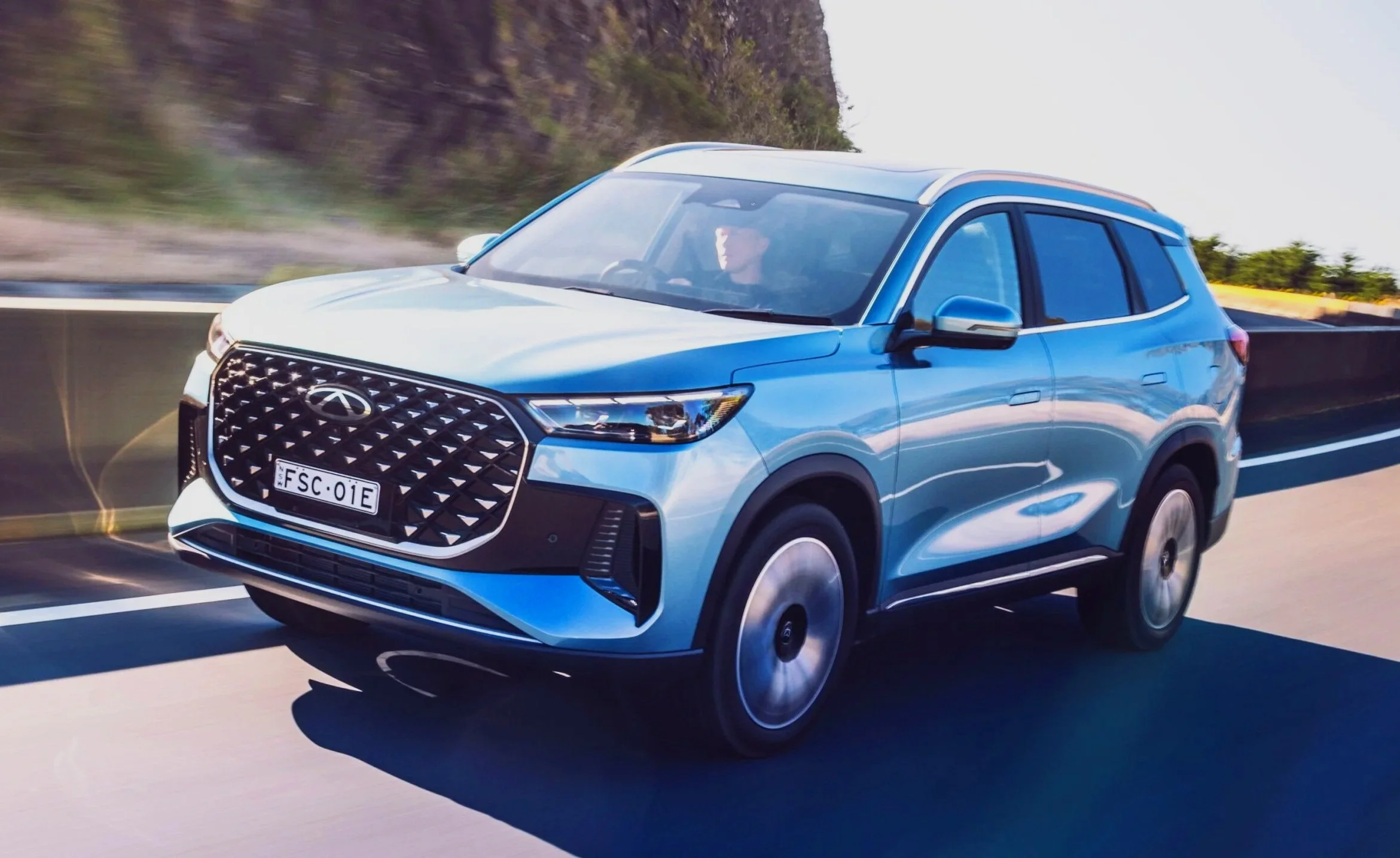
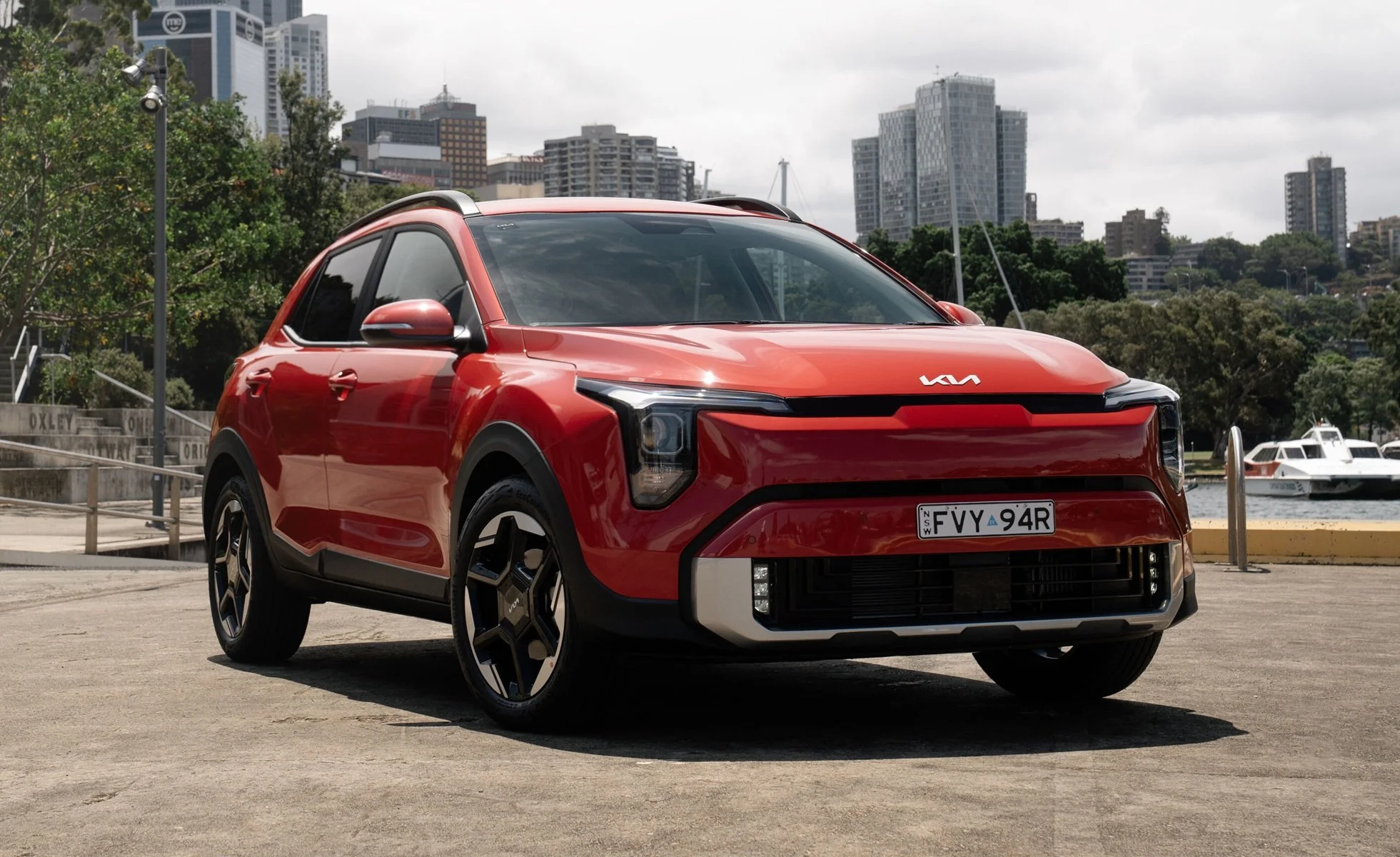
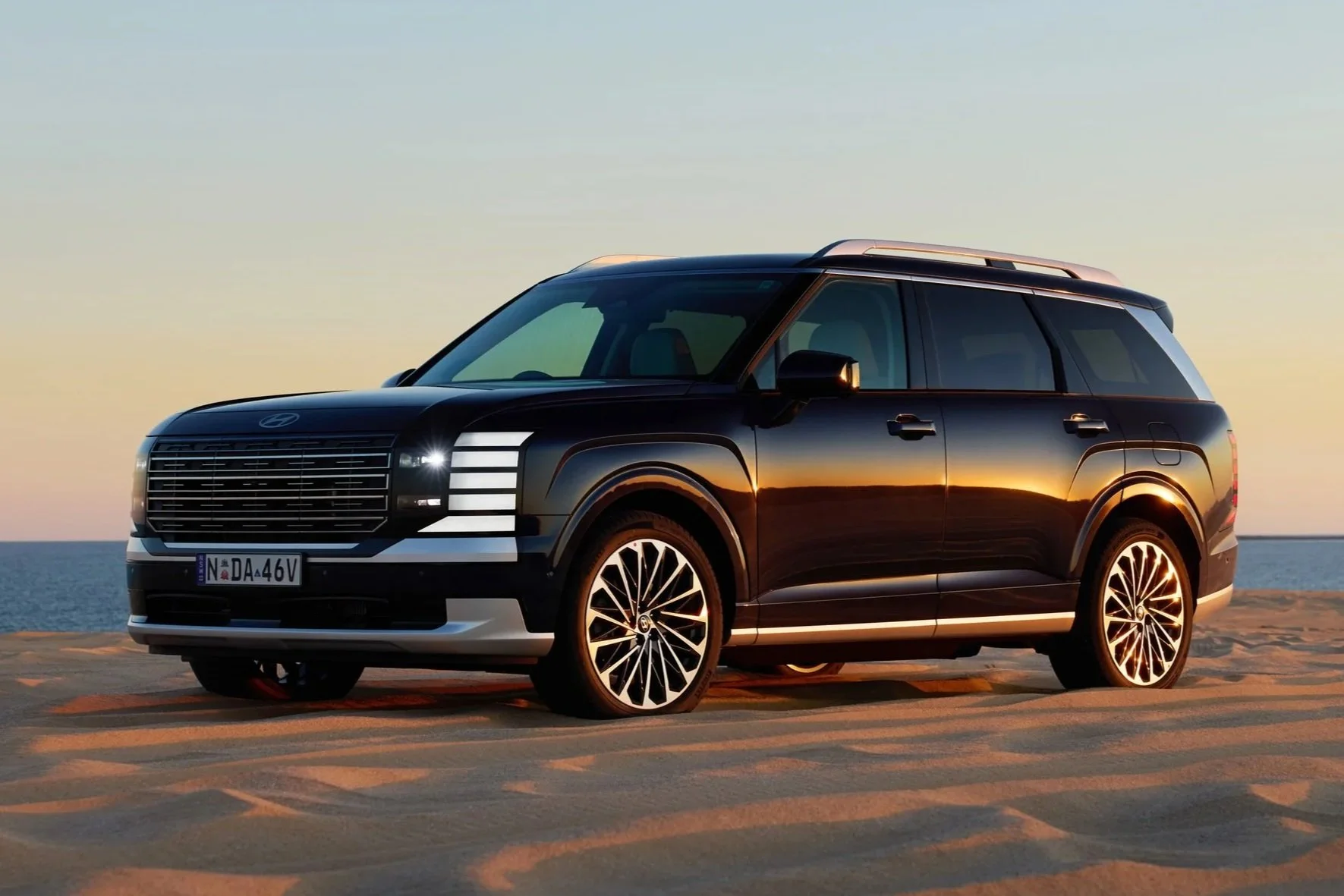
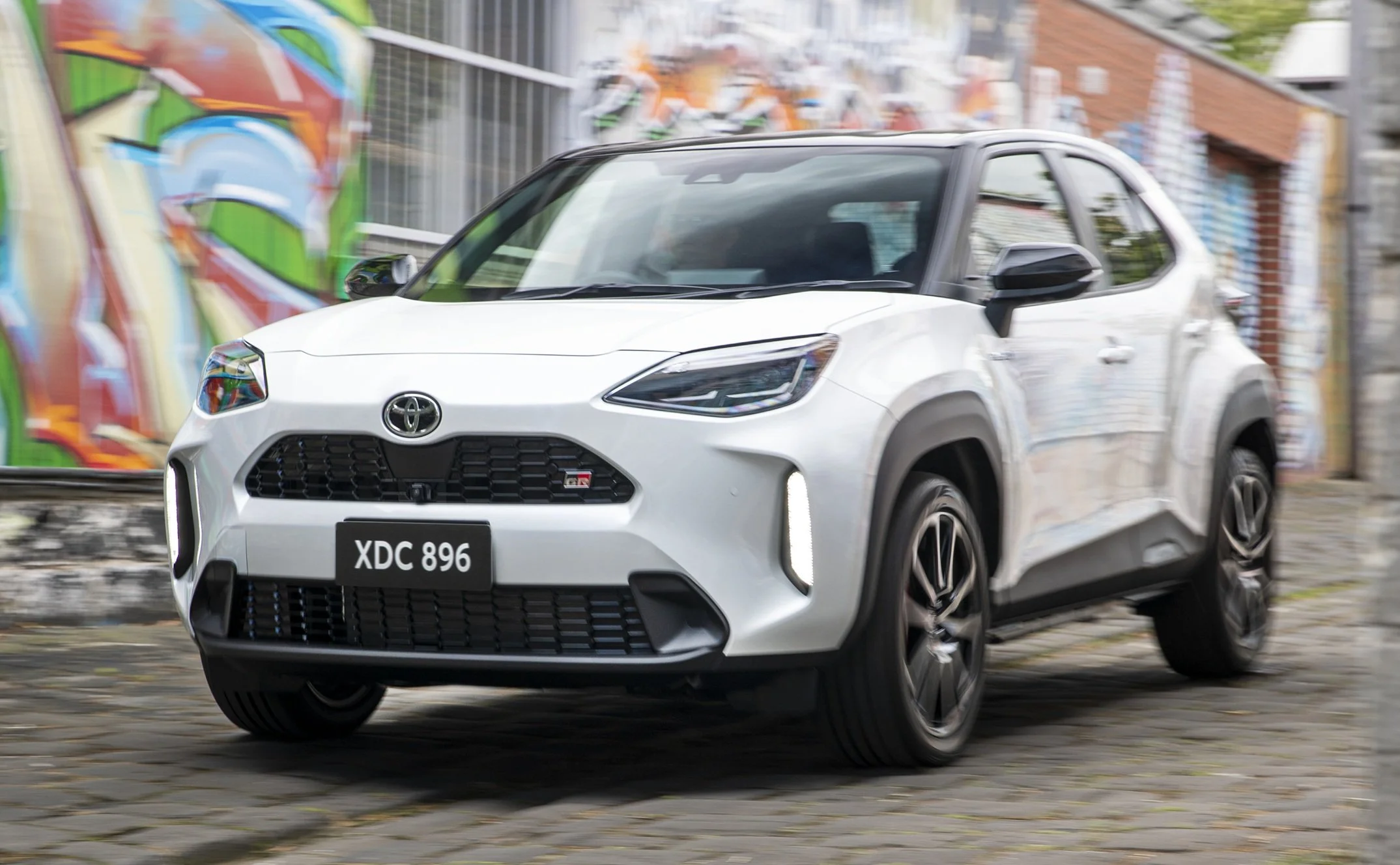


Just because a ute is cheap, that doesn’t mean it’s worth the money. Is the GWM Cannon more than just a cut-price Ranger wannabe? Can it offer towing, off-roading capability and robust design to compete with the big brand dual-cab utes like Hilux and Triton?